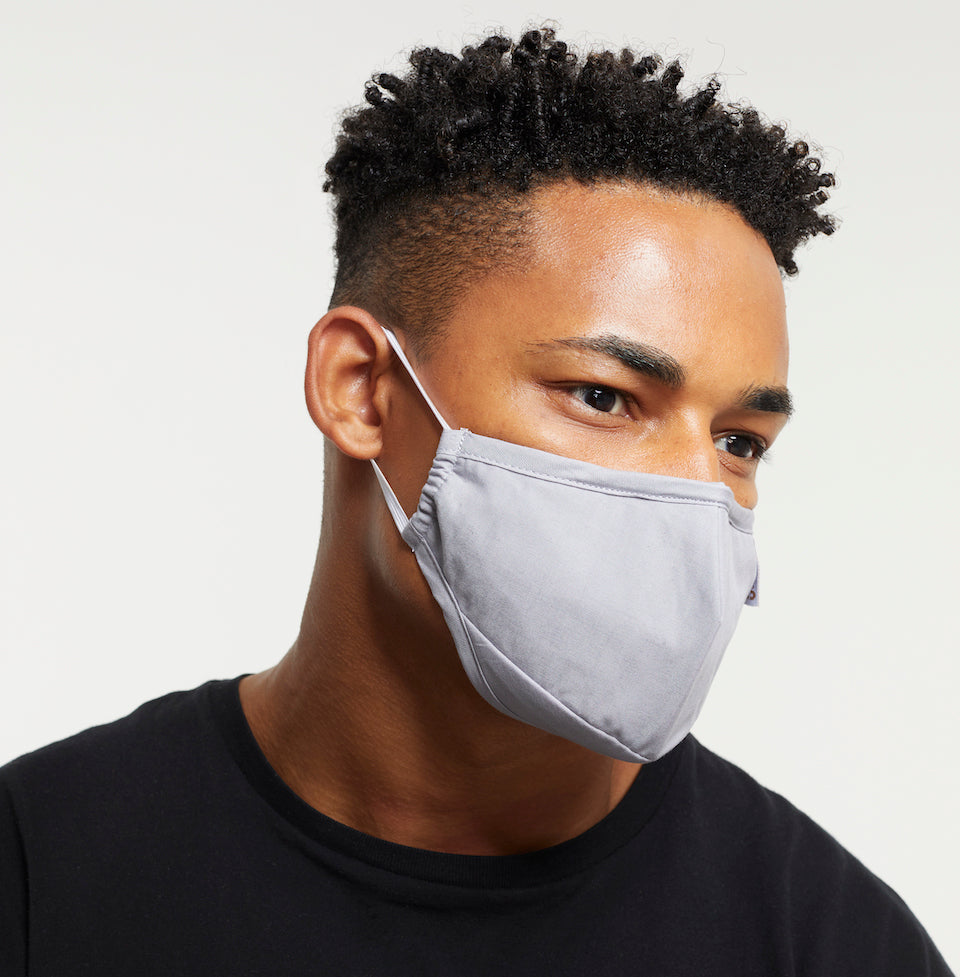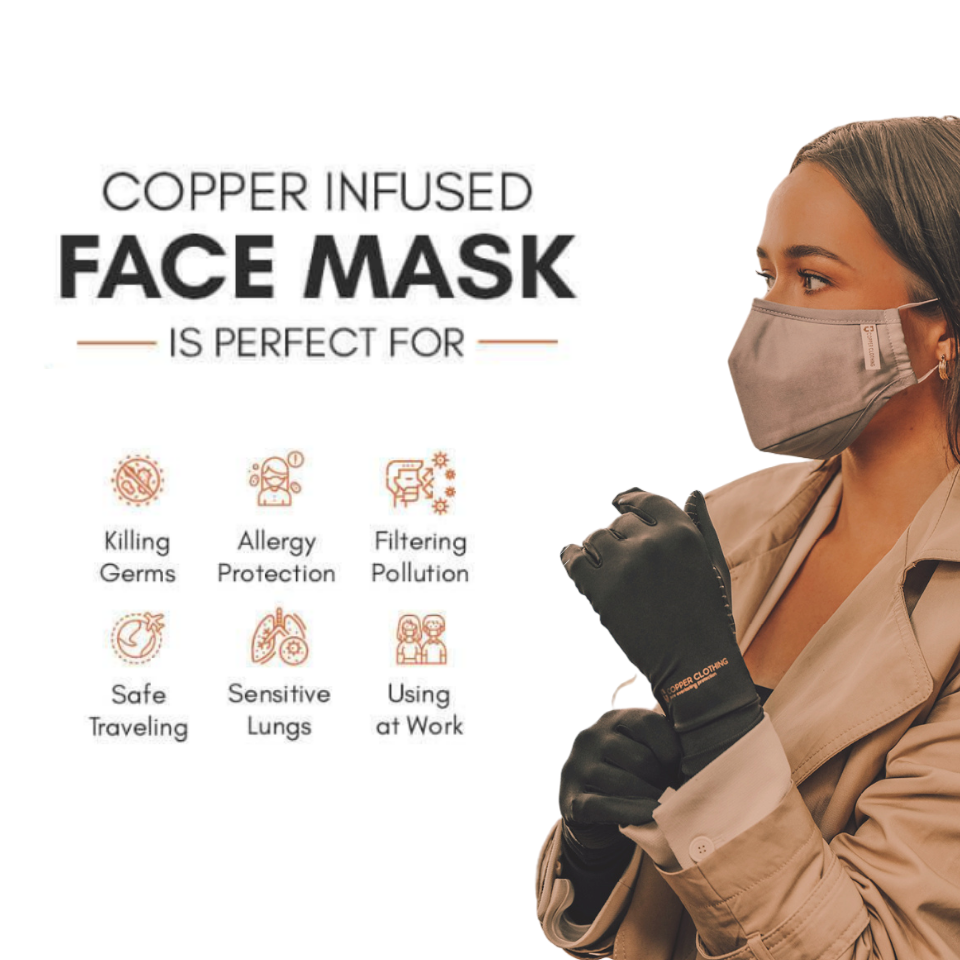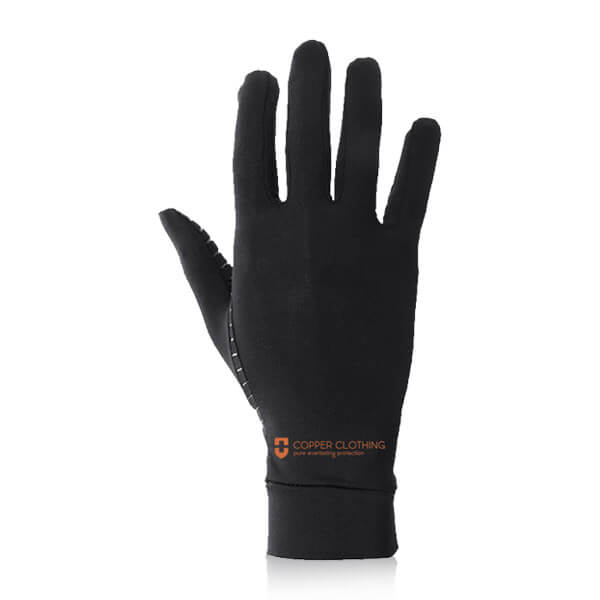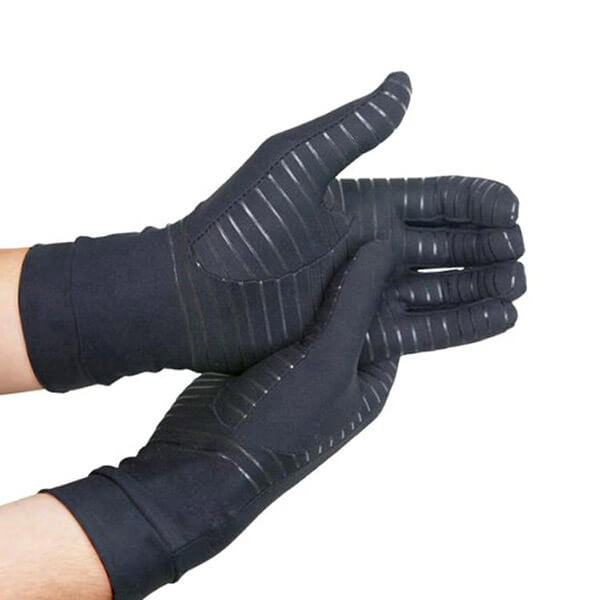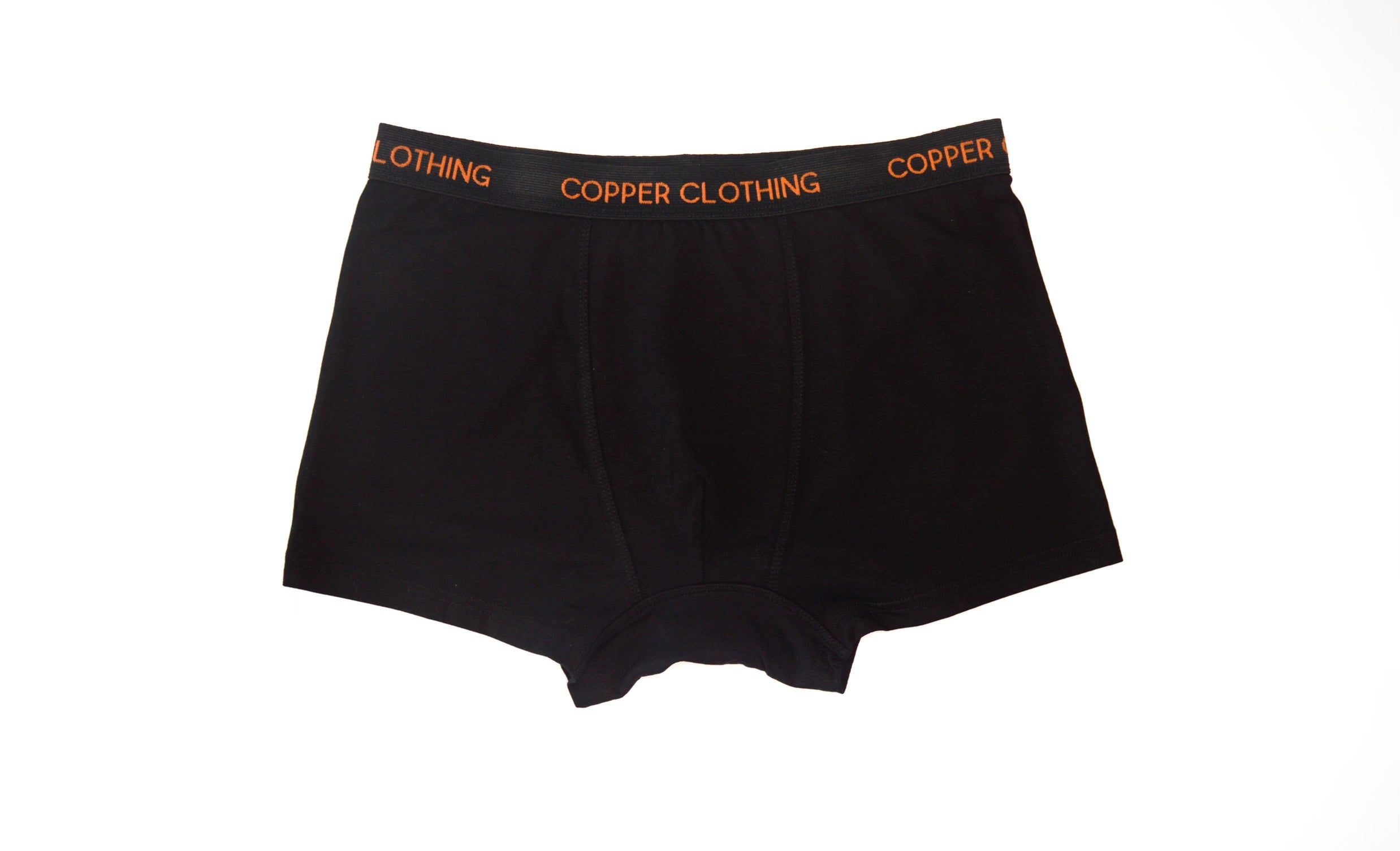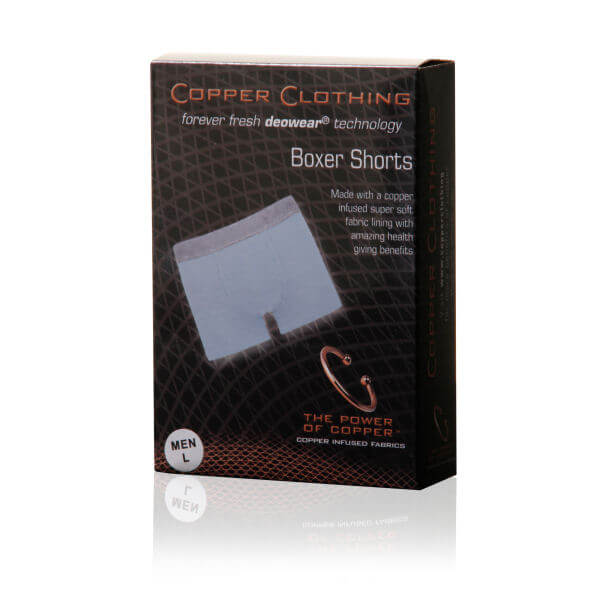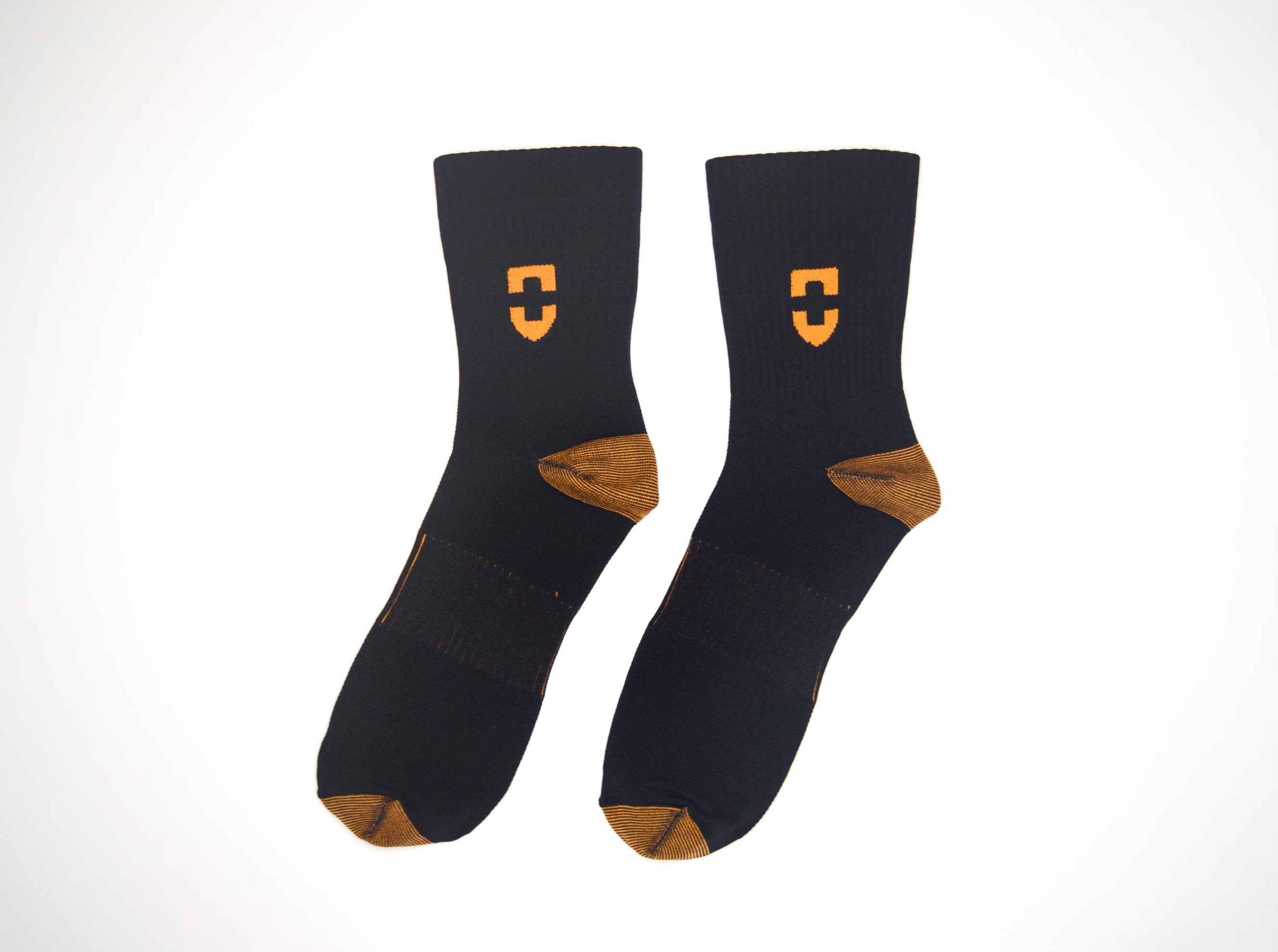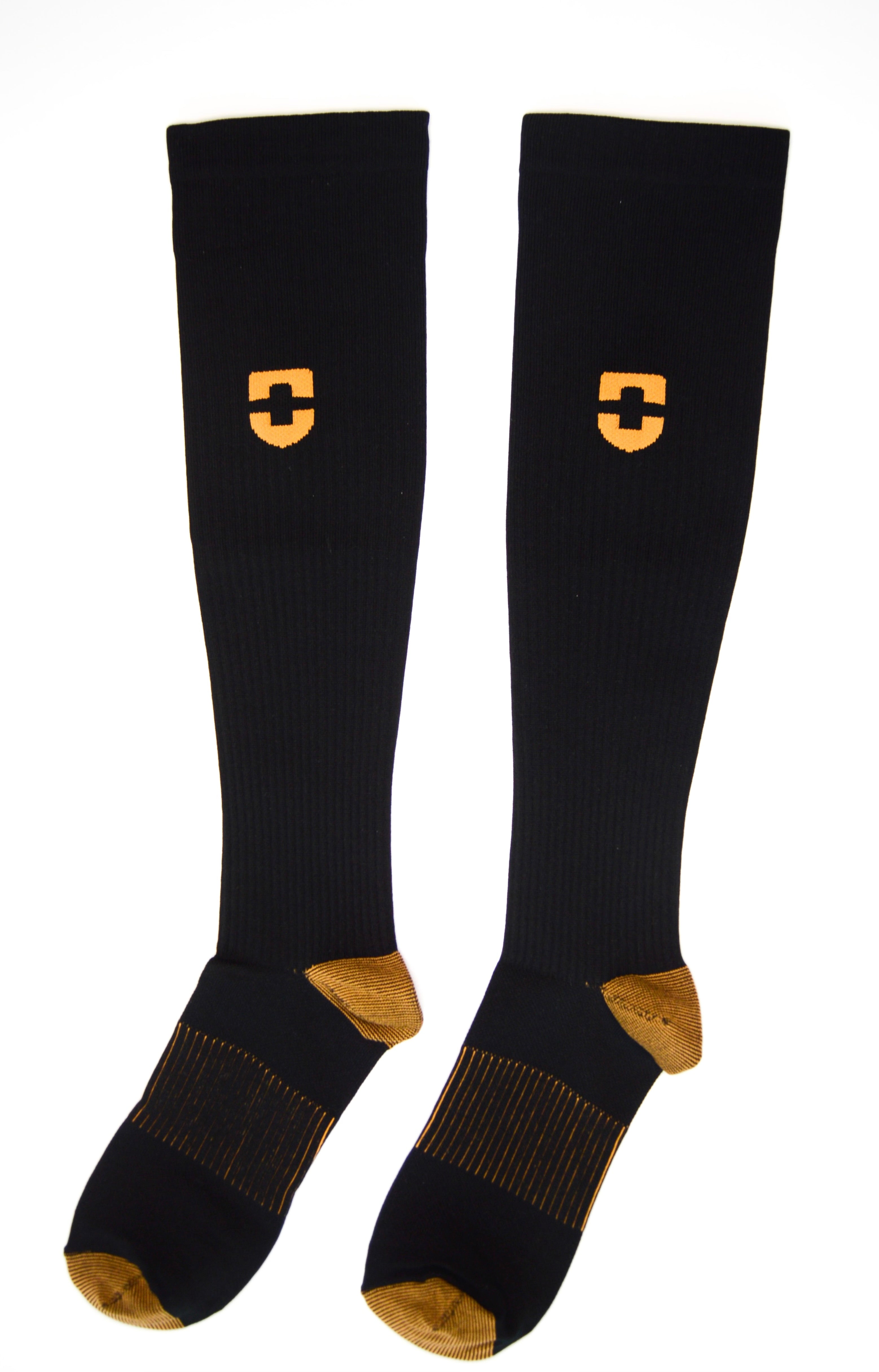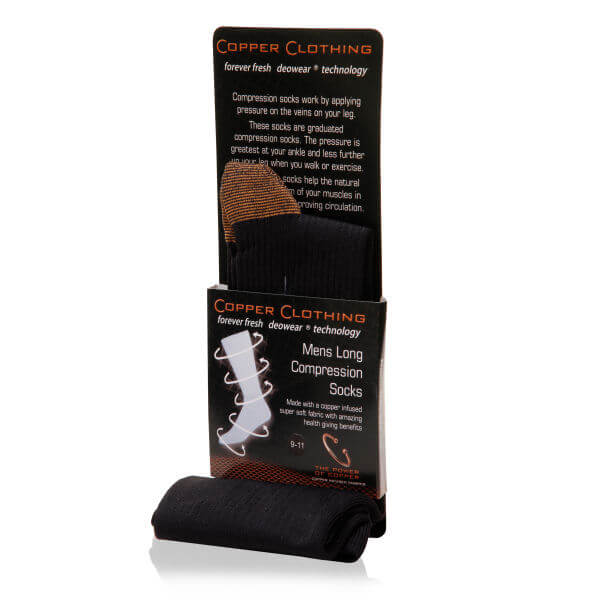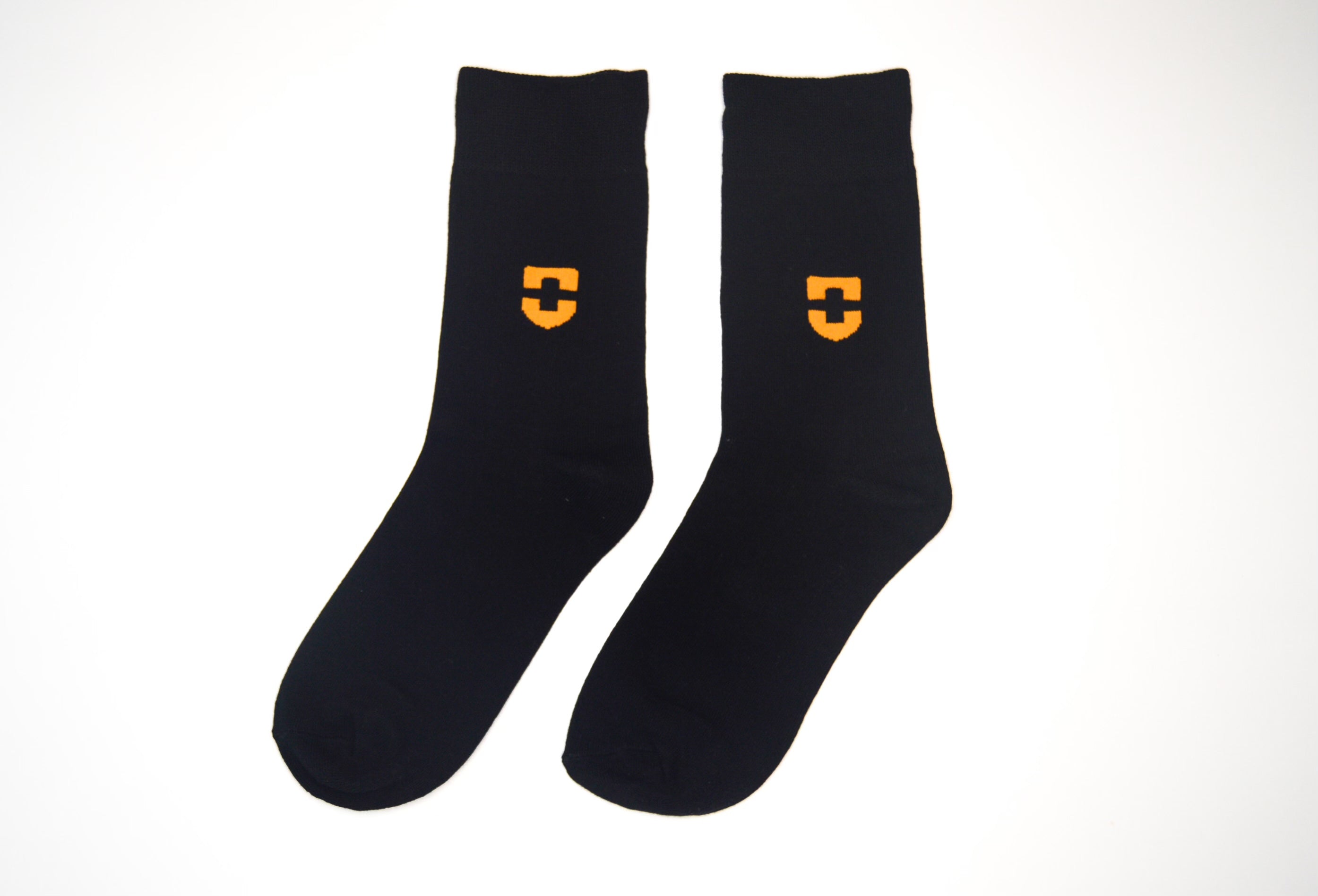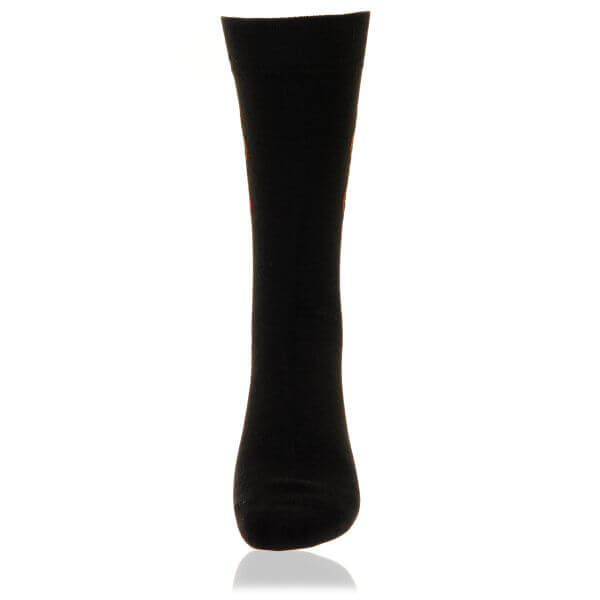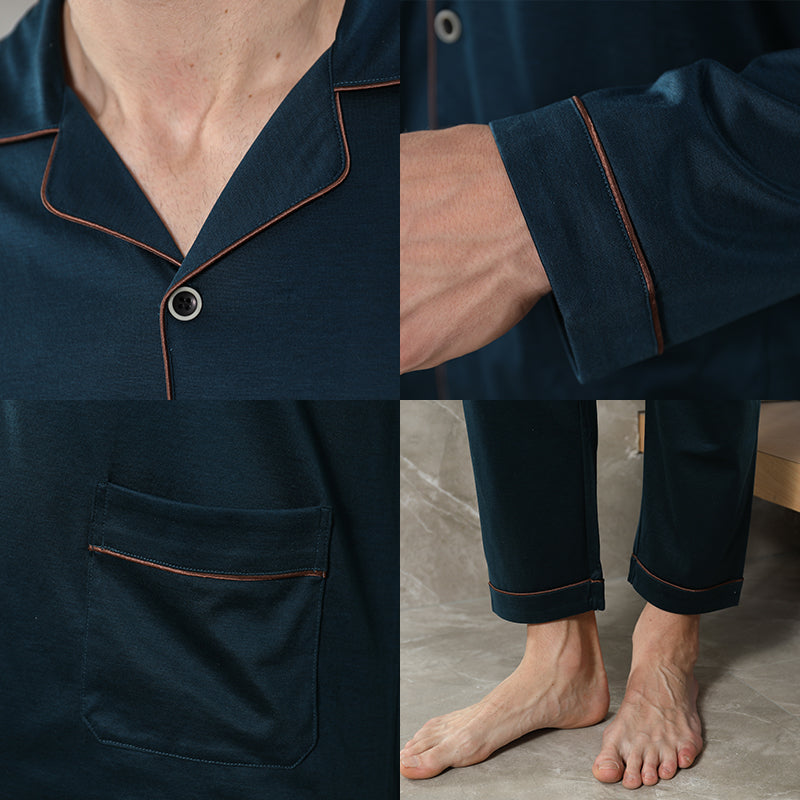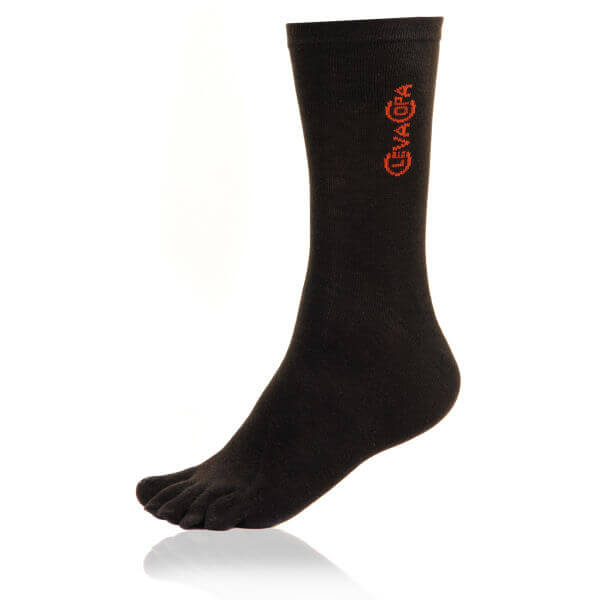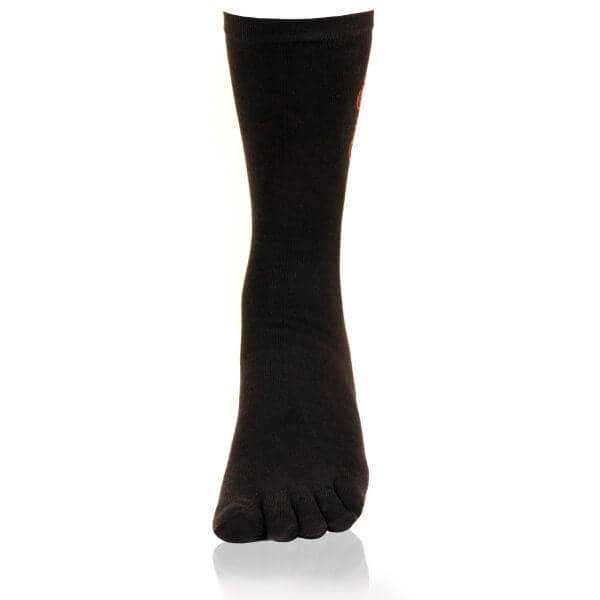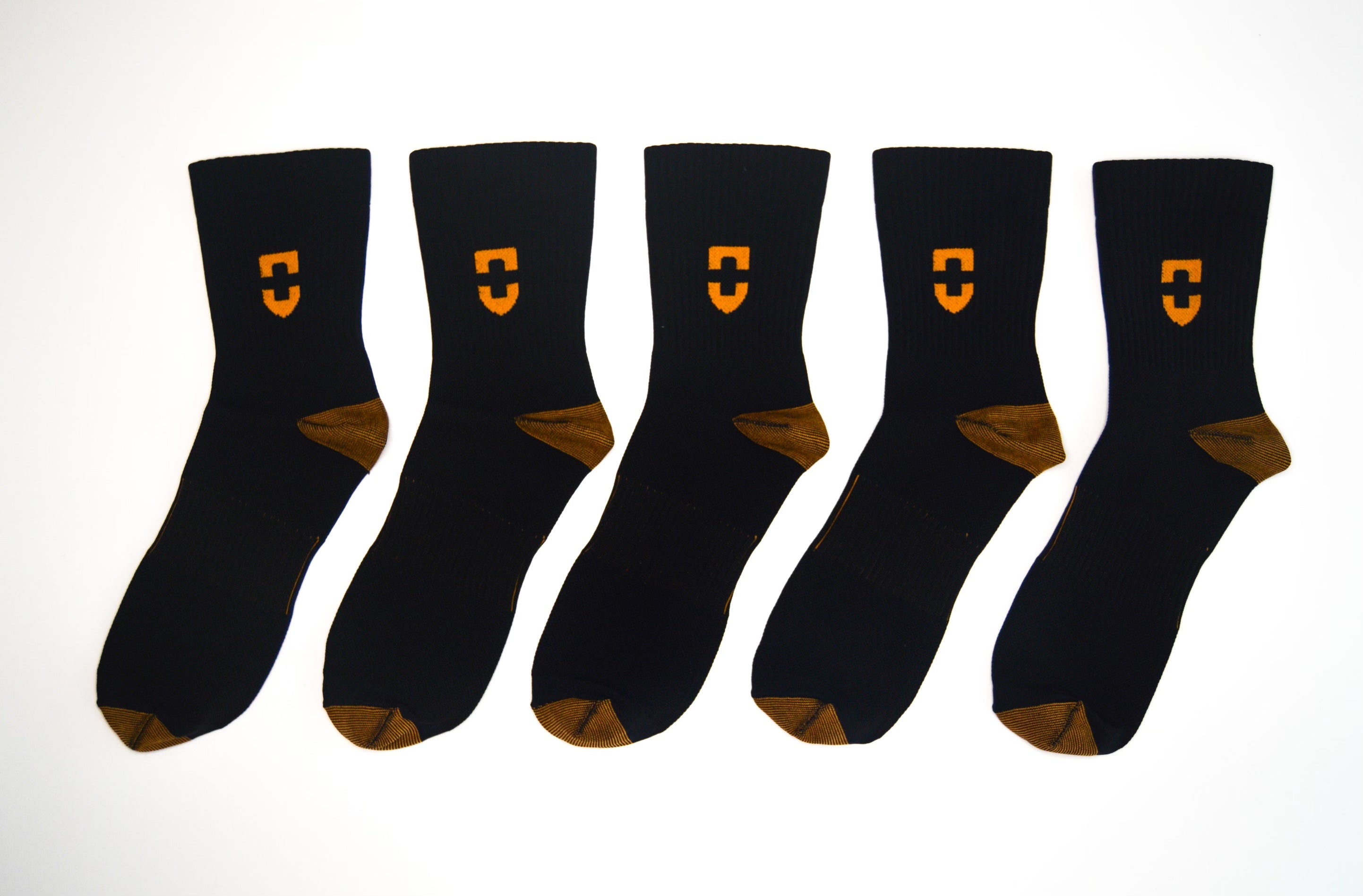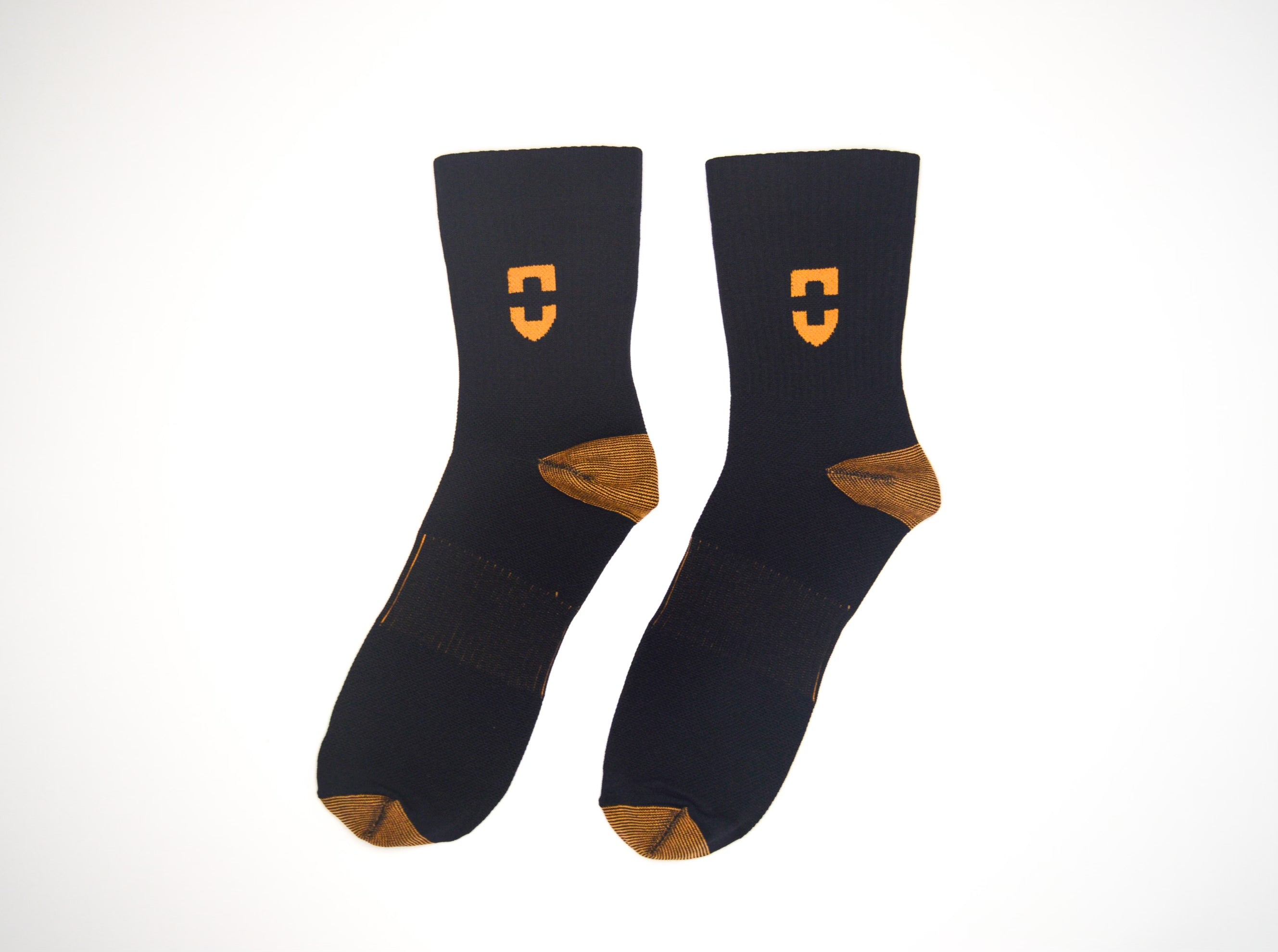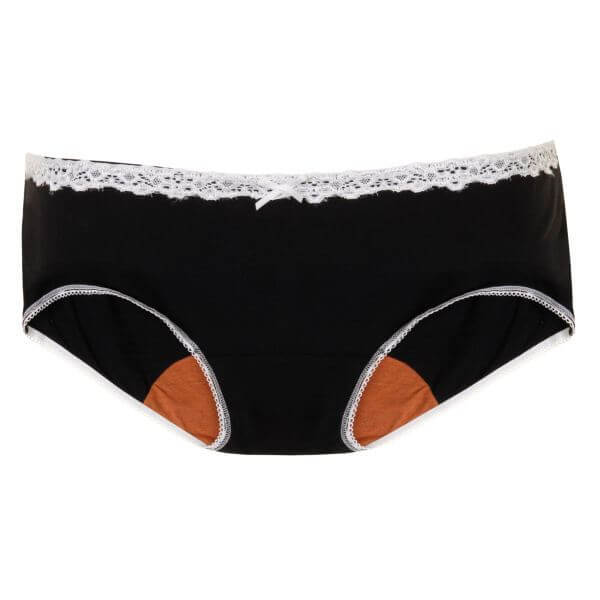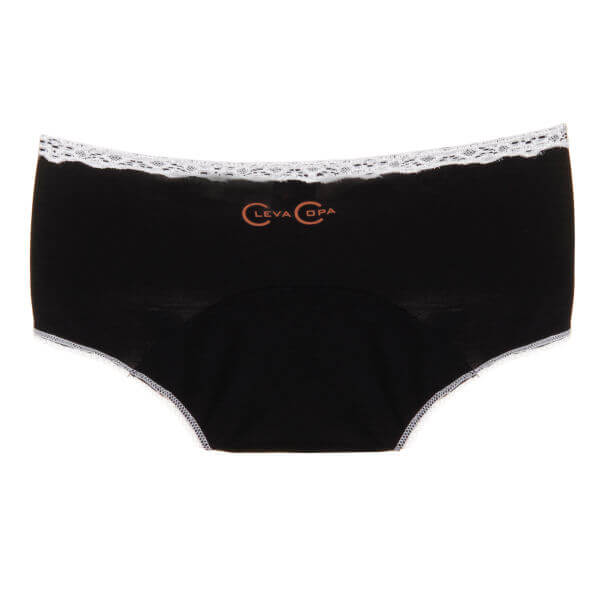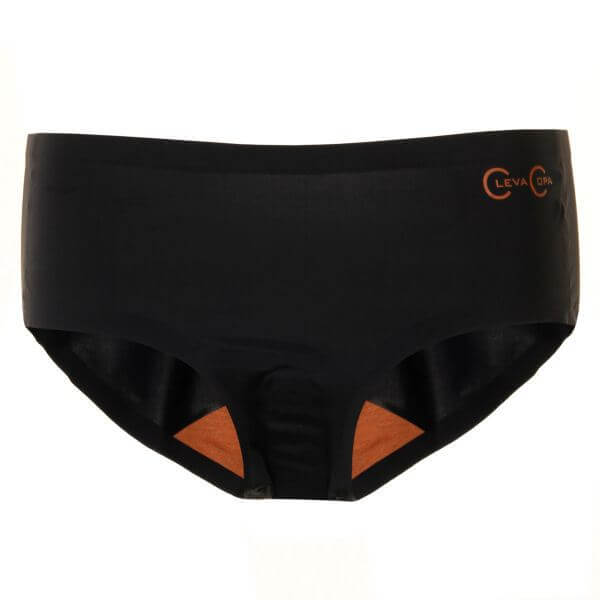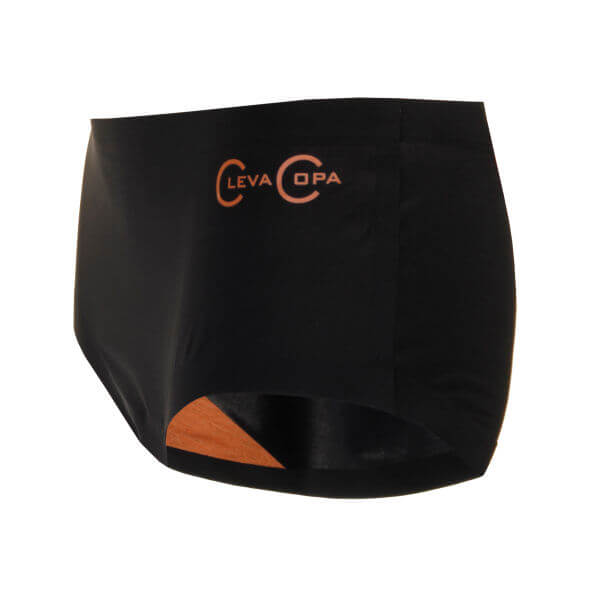Norovirus Prevention - Protect Yourself from This Winter Bug using Copper Clothing Products
Published
January 22 2018
Stay up to date on Copper Product releases & deals.
Subscribe to Our Monthly Newsletter for Deals on Product Delivered to Your Inbox!
Did you know that Norovirus the highly contagious viral infection, also known as the ‘winter vomiting bug’ is caught by 600,000 to one million people in the UK each year? Norovirus, which causes diarrhea and vomiting, is one of the most common stomach bugs in the UK. It's also called the winter vomiting bug because it's more common in winter, although you can catch it at any time of the year. It can be acquired by coming into close contact with someone who has it, touching contaminated surfaces or eating contaminated food. In fact, norovirus is so contagious that an outbreak is capable of completely closing off hospital wards, in infected areas due to the sheer number of cases that occur! But, it’s not just hospital wards that are being closed off! Other examples of public areas that are most impacted by such outbreaks include schools, day care centres, cafeterias, restaurants, cruise ships, retirement or nursing homes, hospitals and other healthcare settings, etc. Here is a recount of the most recent outbreaks:
-
According to a news report in BBC UK, “almost a quarter of the children from an Edinburgh school are absent following an outbreak of norovirus.” Reports state that more than 150 students of Corstorphine Primary School have been hit by the sickness bug.
-
Another massive outbreak as reported aboard one of the world’s largest cruise ships, Ovation of the Seas. As per reports published by Daily Mail UK, nearly 200 passengers are being treated for gastro as the liner docks in Hobart. Considering the cruise ship has a capacity of housing about 5800, the management had to take immediate action to contain the outbreak and avoid further contamination. The cruiser had to take an unscheduled halt to enable comprehensive sanitation of the ship, while the infected patrons were under the care of Tasmanian Health Services.
Such outbreaks become all the more common during the winter months, thus increasing the stress on hospitals and other healthcare institutions. In fact, The Derby Telegraph recently reported the closing of a string of UK Hospital wards in the UK, the south east and Cambridgeshire areas as well as the West Midlands hospitals were the worst affected, following the outbreaks.
What Can Be Done to Prevent Norovirus Outbreaks
Such instances of major outbreaks not only cause nation-wide fear and panic, but also add to the stress faced by hospitals and other regulatory authorities in terms of threat of contamination as well as capability to treat those infected. While the NHS and other medical institutions are doing the best they can, we must seriously consider implementing other methods of preventative care to avoid such outbreaks in the future.
The Power of Copper
This brings us back to the power of copper and its ability to counter the spread of disease causing bacteria and germs. While copper’s ability to kill superbugs upon contact is already known of, various research institutions are looking for ways to incorporate this metal into their daily activities.
When it comes to preventative healthcare, copper is receiving all this attention due to its powerful anti-microbial properties that make it ideal for keeping any microbial disease in check. This is especially true in healthcare settings where the risk of an outbreak increases because of close proximity between patients, visitors and staff.
Lead author Sarah Warnes, from the Centre for Biological Sciences at the University of Southampton said, “The use of antimicrobial surfaces containing copper in clinical and community environments, such as cruise ships and care facilities, could help to reduce the spread of norovirus.”
Simply incorporating this metal in the hospital equipment and products, copper and copper alloys will be able to destroy various microbes upon touch. Thus, making it more effective than stainless steel or other surfaces where the virus can remain infectious and resistant to cleaning solutions! In addition to high-touch surfaces like doorknobs, bed rails and handles, copper infused clothing, bed linen, gowns, face masks, gloves and blankets can prevent norovirus from spreading. While hospitals are still working on incorporating copper within their touch-surfaces, you can ensure that you and your family are well protected by enlisting the help of copper-infused clothes and accessories. Purchase a pair of copper-infused pyjamas or simply a pair of copper-infused gloves and socks to get started!









